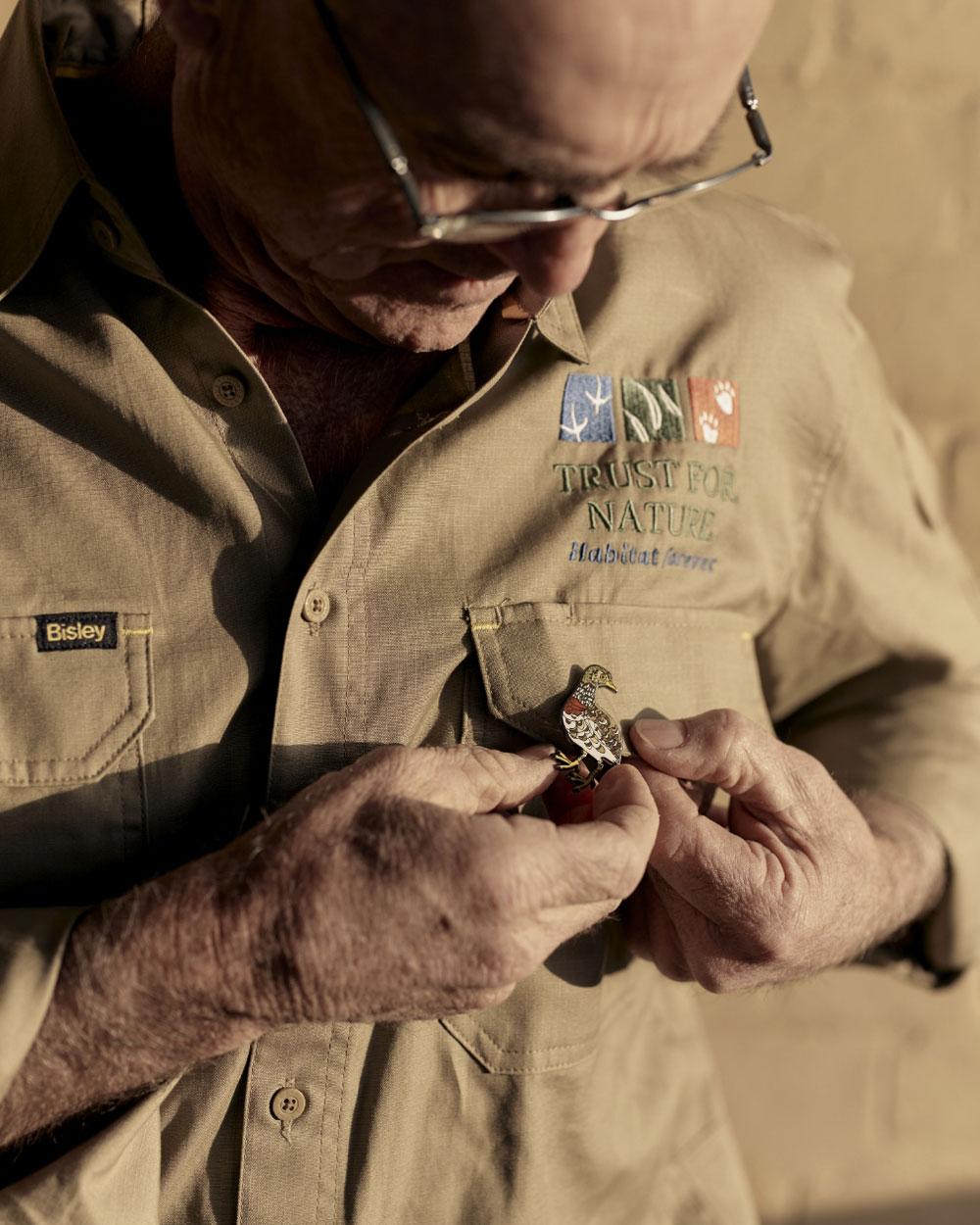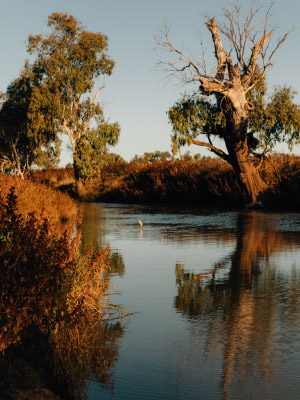Climate Fund: Meet the Grassroots Projects Building a Positive Future
In 2022, Country Road launched Australia’s first fashion industry climate fund. Our aim is to support grassroots projects that mitigate climate change and build climate resilience.
Here, we meet the Climate Fund’s first grant recipients and discover
how they’re exploring climate solutions in the fashion industry.
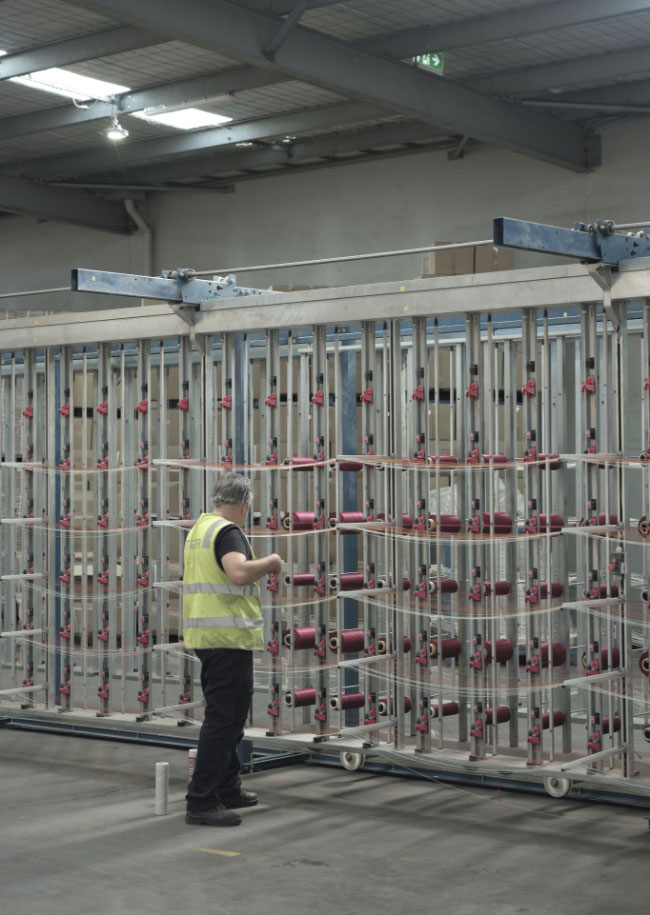
TRUST FOR NATURE
Working with wool growers to protect
Plains-wanderer grassland habitat
Across the Northern Plains of Victoria, on the Country of the Djaara, Wemba Wemba, Yorta Yorta, Barapa Barapa, and Barengi Gadjin Peoples, is a small population of birds called the Plains-wanderer. A critically endangered species, there are estimated to be only between 250 and 1,000 birds in the wild across Australia, but Trust for Nature aims to protect and increase their habitat—and thereby boost their numbers—through a unique partnership with the region’s wool growers.
Working closely with landholders in the Northern Plains, including Merino wool graziers, Trust for Nature partners with farmers on native grassland management, to ensure production can occur alongside conservation. This is where the project supported by the Climate Fund grant will come in, explains Trust for Nature’s senior conservation officer, Kirsten Hutchison.
“By building relationships with landholders, we can explain what we’re doing, what’s so special about the Plains-wanderer and how lucky they are to have this species in their backyards.
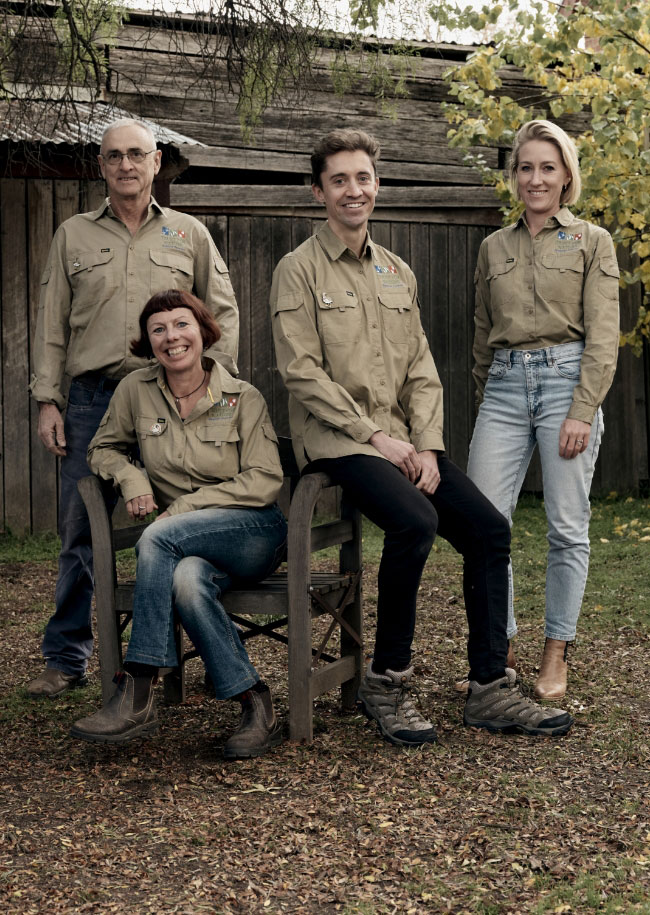
“Most sheep and cattle graziers we work with are connected with the land, and many are already utilising their land in line with preferred management for native grasslands—rotating their stock during drier periods to prevent overgrazing.”
The Climate Fund grant will contribute $200,000 towards a conservation covenant, knowledge-sharing workshops and land management. The funding will also assist Trust for Nature to communicate the project, with the aim of sharing learnings with other regions.
It fills people with a lot of pride and hope for the future, that they’re leaving a legacy behind for future generations. They’re involved in protecting this habitat forever, for the Plains-wanderer and all the other plant and animal species that are reliant on Northern Plains Grassland. It’s an amazing thing to be a part of.Kirsten Hutchison, senior conservation officer, Trust for Nature

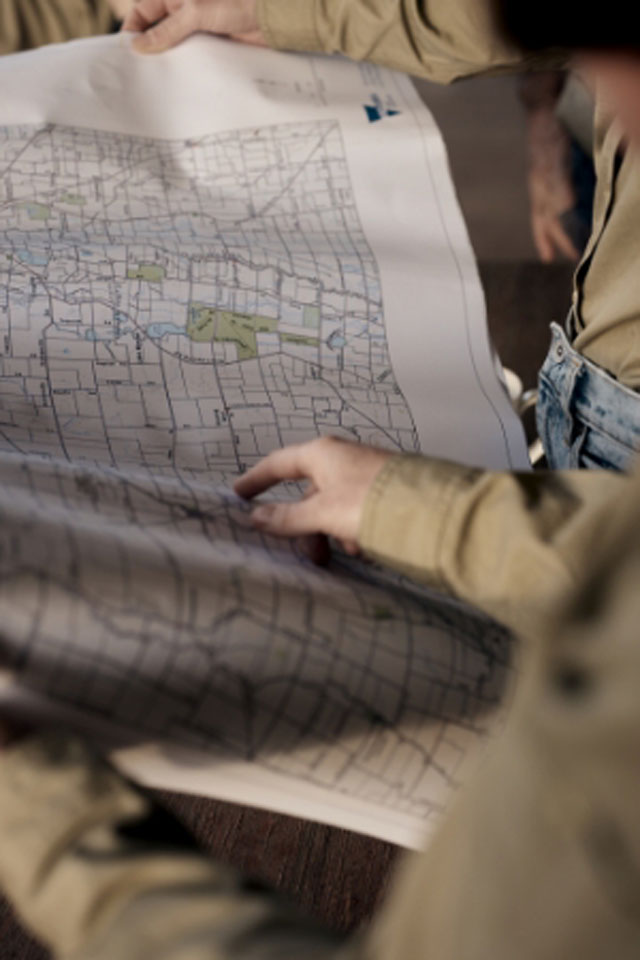
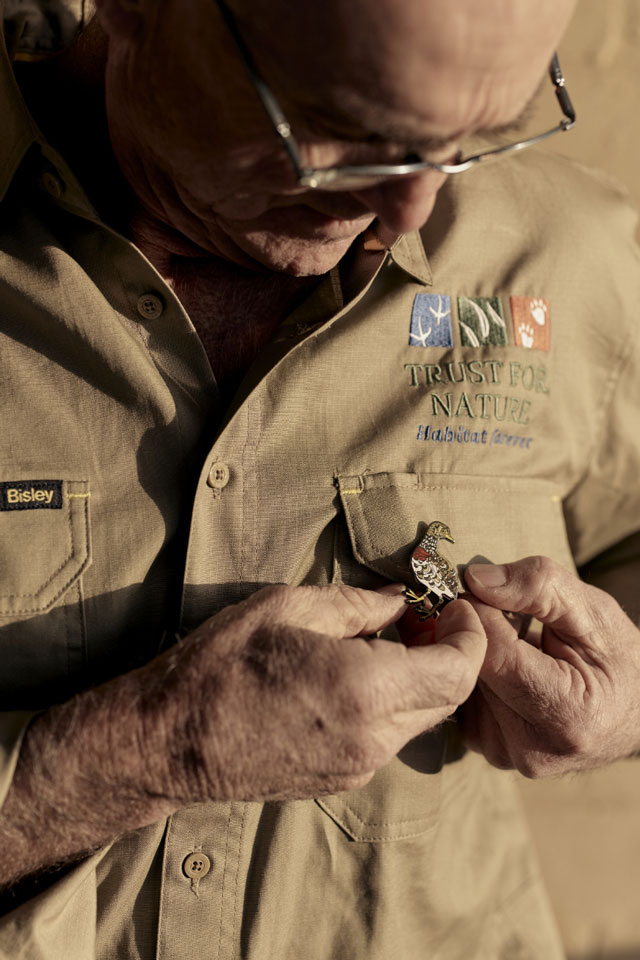
LANDCARE AUSTRALIA
Unlocking carbon and biodiversity opportunities—A toolkit for farmers
Across Australia, farmers play a crucial role in the fashion industry as suppliers of natural fibres such as cotton and wool. As large-scale landholders, they can also play an important part in restoring biodiversity, limiting soil erosion and improving the health of their land—and Landcare Australia aims to support them in these endeavours by helping them to engage in the emerging ‘green economy’.
“With support from the Country Road Climate Fund, Landcare Australia will build a toolkit to help wool and cotton growers understand the potential benefits of planting native vegetation on their property to not only sequester carbon, but also to enhance biodiversity,” explains Landcare Australia CEO Dr Shane Norrish.
The Climate Fund grant, alongside co-funding by Landcare Australia, will contribute $200,000 towards the development of the toolkit, as well as showcasing on-ground works across several pilot environmental planting projects.
The outcomes will then be shared across the nation via Landcare Australia’s network to reach a wide audience of Australian farmers and encourage participation in carbon sequestration projects.
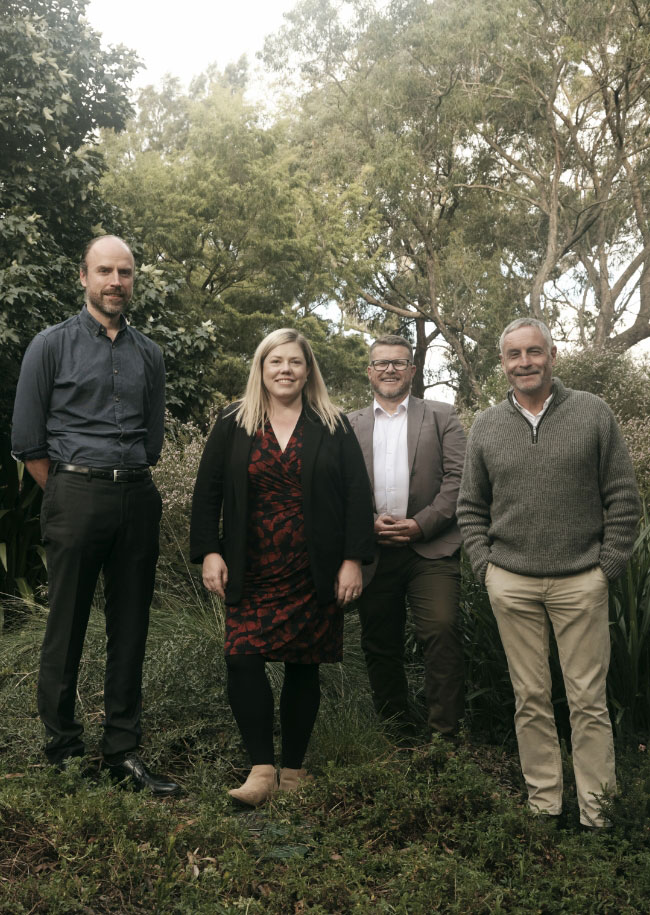
As part of the project we’ll implement a number of environmental plantings projects which will provide habitat for native wildlife, improve farm productivity and engage First Nations Australians.Dr Shane Norrish, CEO, Landcare Australia
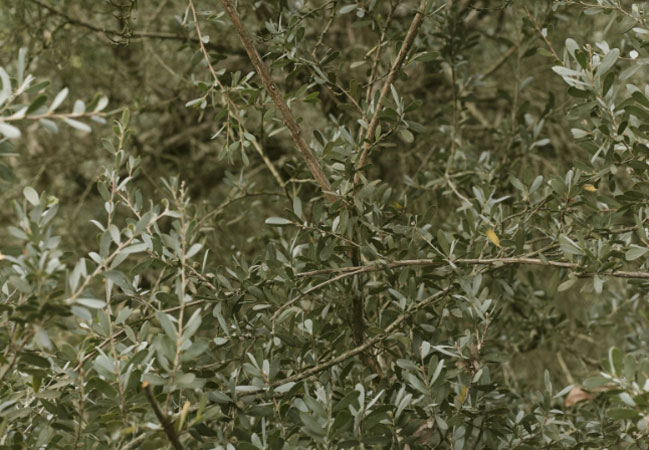
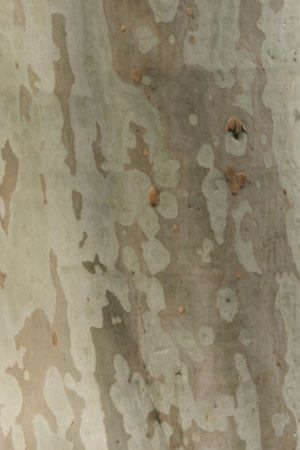
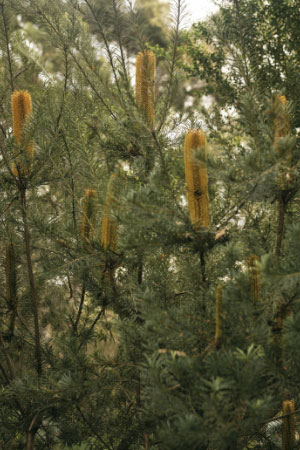
FULL CIRCLE FIBRES
Mud to Marle—Giving a new life to low-value wool within the Australian fashion industry
Australia is renowned for its wool, supplying millions of kilograms of the prized raw fibre to countries around the world every year. Yet a proportion of the wool clip is deemed too low quality for the textile industry, with farmers selling it at much lower prices than premium fibres command. Industry collaboration Mud to Marle aims to address this issue by designing for circularity, sourcing low-value wool directly from farms and transforming it into a high-value yarn.
Led by social enterprise Full Circle Fibres, the Mud to Marle project brings together Deakin University, Geelong Textiles and Geelong Dyeing to trial end-to-end manufacturing within Australia. It will involve sourcing Australian grown wool and cotton with the aim of manufacturing fabrics entirely on-shore.
Full Circle Fibres founder and project leader Meriel Chamberlin says Mud to Marle will explore low impact processes at every step of garment production, starting with the raw fibres.
“The wool used in this project will be shorter off-cut fibre that is typically used in lower value products. It will be blended with cotton for functionality.”
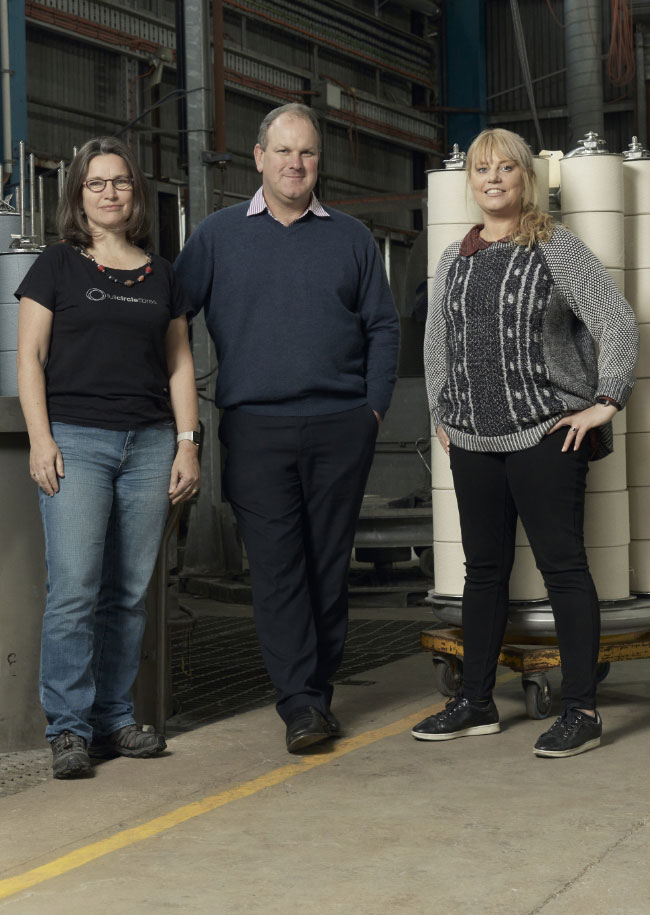
Everything we are piloting is being trialled and tested with the intention of having a scalable, low impact and potentially regenerative textile solution for our local fashion industry. So from growing and processing the fibre, to sewing the garment, everything will be done in Australia.Meriel Chamberlin, project leader, Mud to Marle
The Climate Fund grant will contribute $147,000 of funding towards production, including the sourcing of raw fibre, dyeing, spinning, knitting and weaving as well as sampling. Country Road will act as an industry mentor, supporting the project team with guidance and feedback throughout the process.
“The Country Road Climate Fund is no doubt the enabler in allowing us to take this from idea to action,” says Meriel. “The whole team looks forward to sharing our practical experience and findings to help others design for our future.”
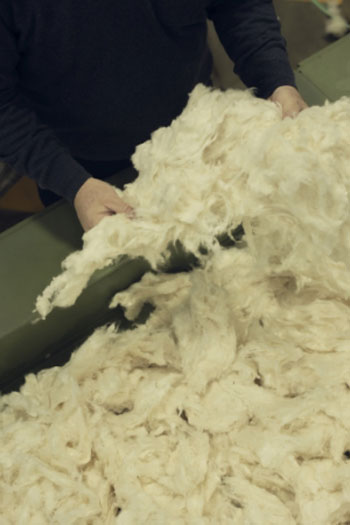
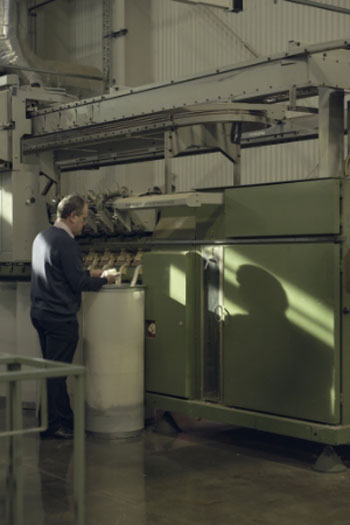
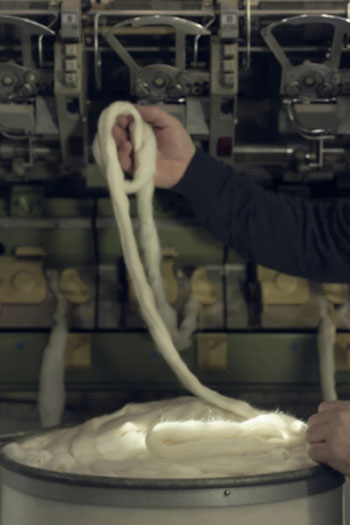
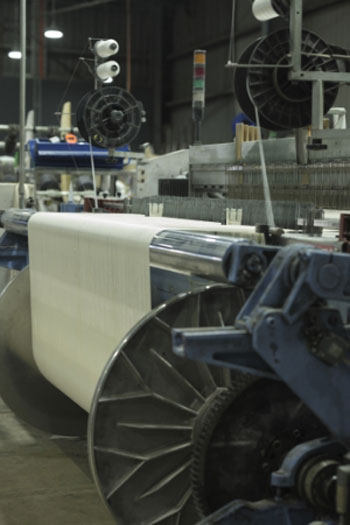
How you can take part
Each year, we call for grassroots projects that mitigate climate change and build climate resilience across four key pillars.
Applications will reopen in October 2023.
Register your interest